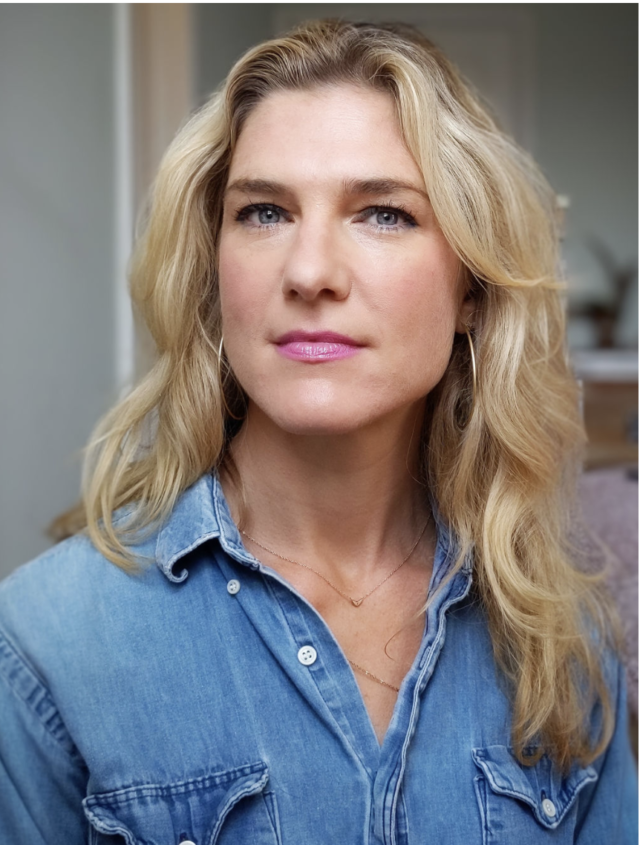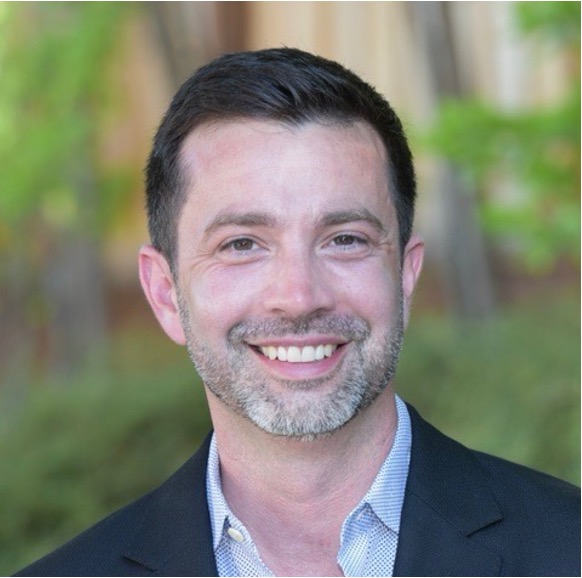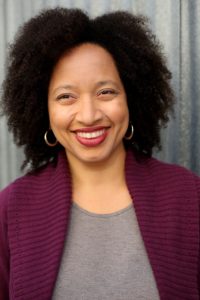Climate Mental Health
About Health on KPFA.org 94.1FM 3/11/24
According to a survey conducted by the Yale Program on Climate Change Communication and the George Mason University Center for Climate Change Communication, one in 10 Americans reports experiencing anxiety because of global warming. We will discuss why we need to talk about Climate and Mental Health and how to talk to young people about climate emotions.
Listen now!
https://kpfa.org/player/?audio=417050

GUESTS:
Anya Kamenetz speaks, writes, and thinks about generational justice; about thriving, and raising thriving kids, on a changing planet. Her newsletter on these topics is The Golden Hour.
She covered education for many years including for NPR, where she co-created the podcast Life Kit: Parenting. Her newest book is The Stolen Year: How Covid Changed Children’s Lives, And Where We Go Now. Kamenetz is currently an advisor to the Aspen Institute and the Climate Mental Health Network, working on new initiatives at the intersection of children and climate change. Anya grew up in Baton Rouge and New Orleans, Louisiana, in a family of writers and mystics, and graduated from Yale University.
Matt Renner is Vice President of Seneca Environmental, where leads strategic development for Seneca Environmental with the goal of creating unprecedented collaboration to accelerate climate action. Previously he worked as a nonprofit executive in clean energy policy, climate organizing, and journalism for over a decade, focusing on the near-term social and economic impacts of climate change.
Matt began his career as an investigative reporter and later became the Executive Director of the World Business Academy to focus on the future of business in a climate-constrained world. He has a BA in Political Science and Government from the University of California, Berkeley.


